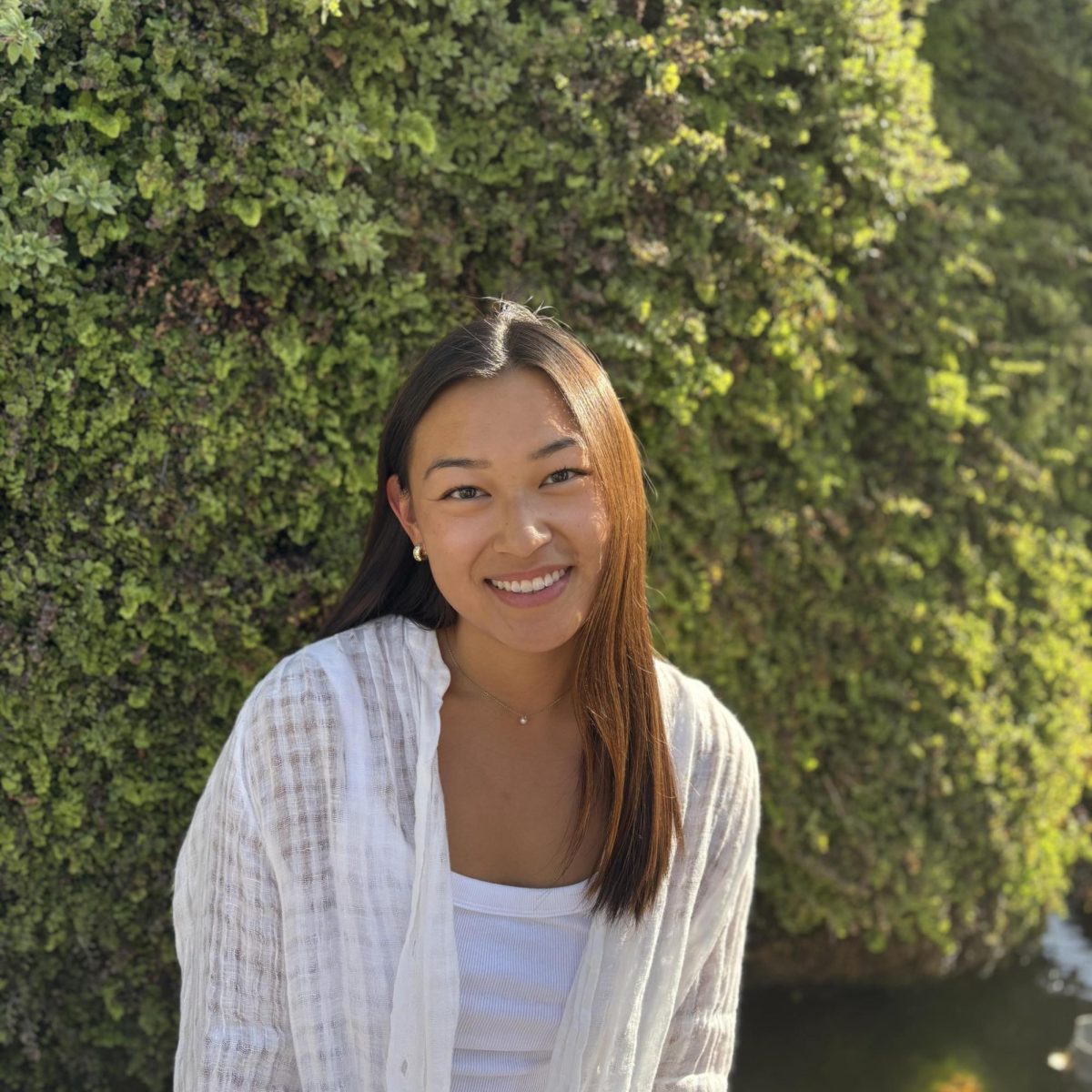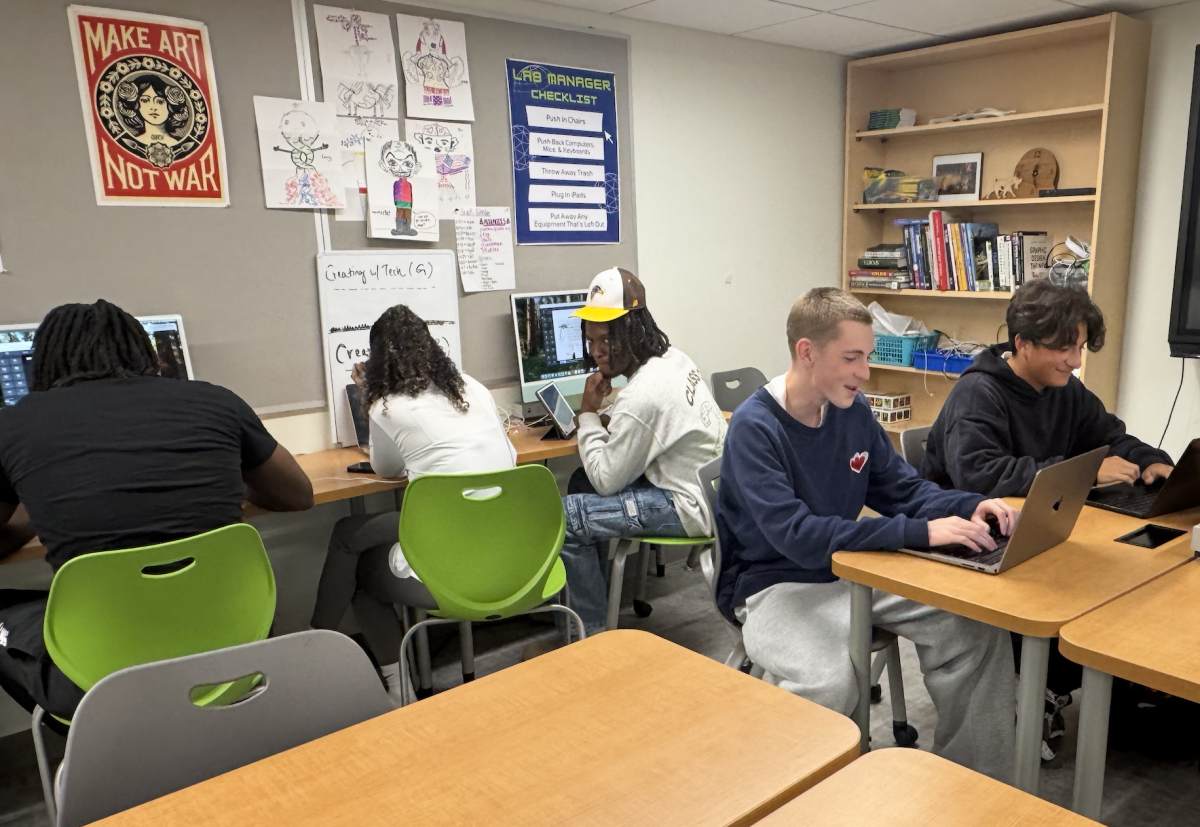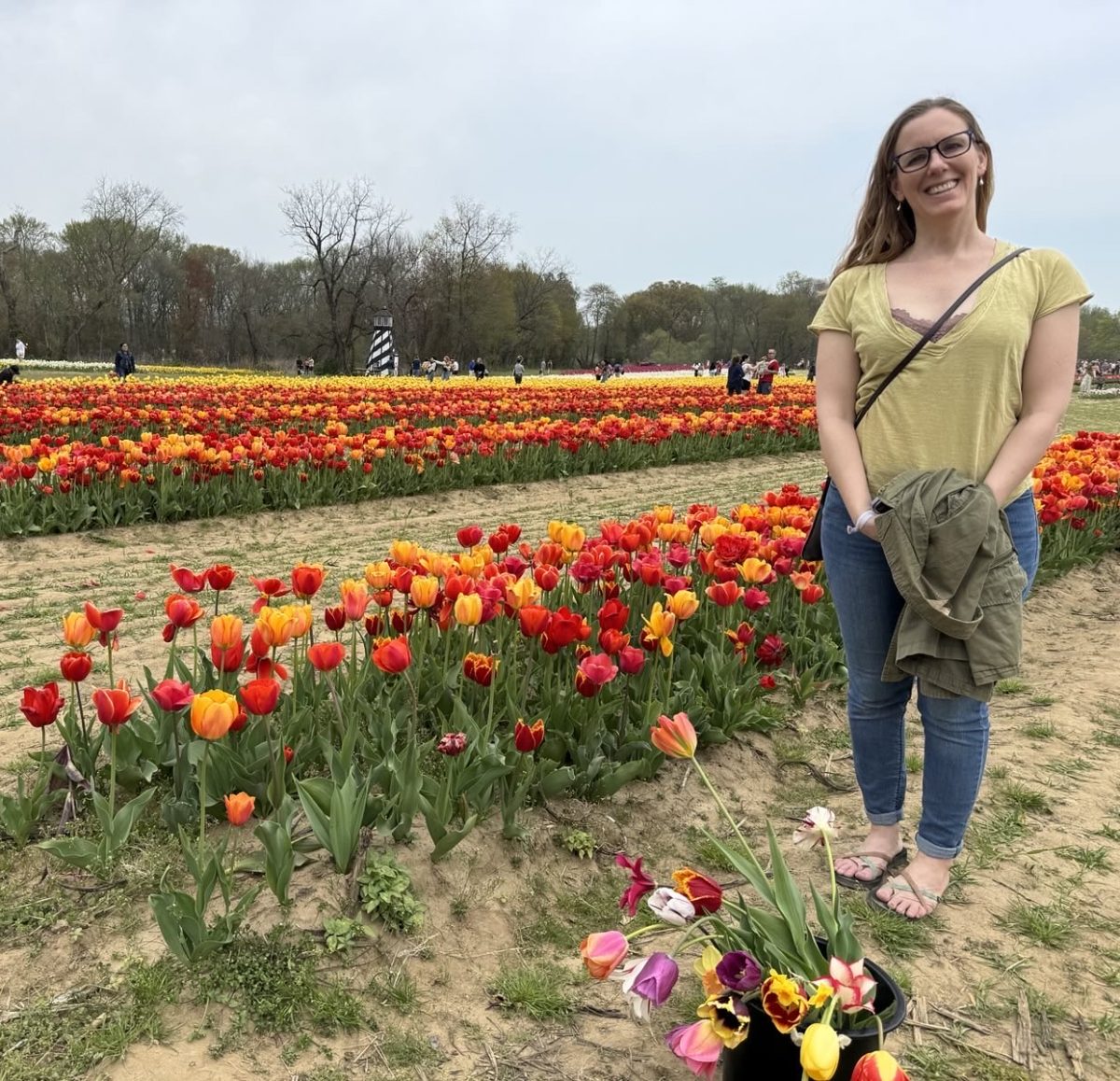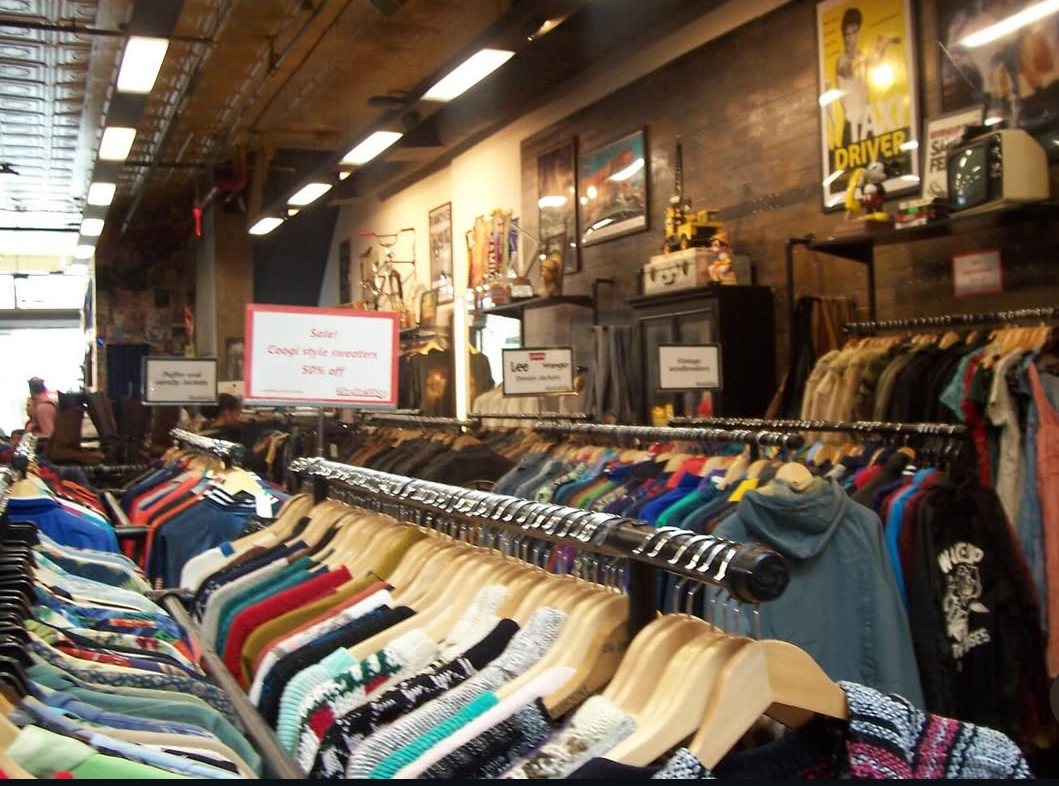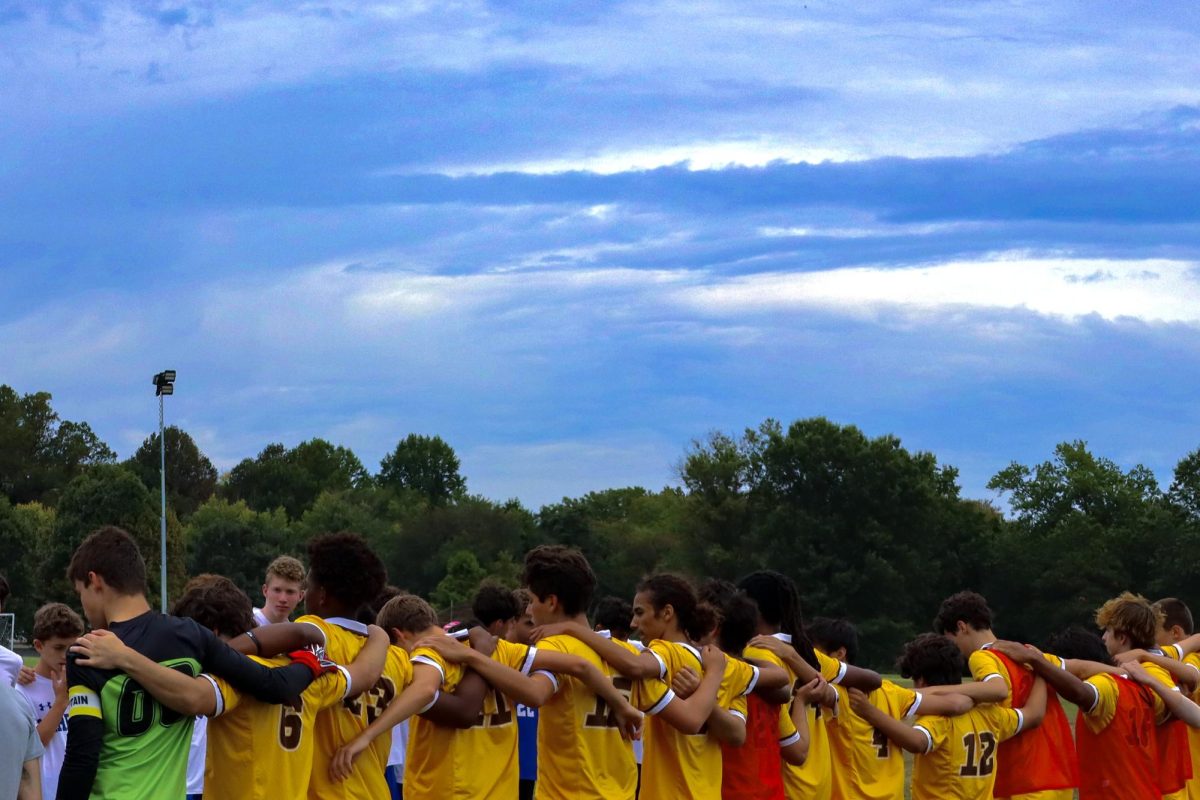On a normal school day, many FSS upper school students leave their classrooms and head to museums, labs, and statues in the city. The city has become a classroom for them to experience and learn.
Implementing experiential learning in the city has always been a tradition at FSS, but it has been formalized in recent years. Experiential learning is when educators engage with students in direct experience so that they can learn, reflect, and build values; FSS interprets this idea as using the city to support the learning content and also using it as content. According to Margaret Smith, the Director of City Curriculum, being able to go out has always been one of the greatest assets of FSS. When Head of School Michael Gary came in 2016, he brought a fresh outside view of using the city as content and worked on developing and investing in this. He emphasized these fabulous resources that other schools wished they could have. The slogan “In the City, of the City” also came from Michael, explained Margaret.
To make good use of the city as a resource, FSS established a unique program, City Curriculum, that assists faculty and students in exploring the city. According to Margaret, who directs the program, it’s beneficial to the learning of many subjects like history and physics when students can experience what they are learning instead of just hearing about it. Margaret said, “Being in the city frames how we talk about topics, what topics we talk about, and how we ask questions about it. ”
With Margaret’s assistance, upper school teachers are able to design their courses to integrate city learning into their courses. Students go out in the city not only to experience but also to learn things that are not usually represented in their basic courses.
City Curriculum supports teachers in designing their experience-oriented courses: Margaret Smith and Molly Mullahy, Director of FSS fund and Constituent Engagement, have connections to many local organizations that faculties can contact. FSS also offers summer grants, which fund teachers to explore the city and find places to teach students an interactive class. Peter Sun, the 10th-grade history teacher, appreciated Carl Trainer, who organized the transportation and always responded quickly and manageably. Peter said, “There’s no way I think that I could take all these field trips without Carl’s help because Carl manages everything.”
In Destination: Philly, a field trip-based history elective taught by Peter, students go to places like Chinatown, the 9th Street Market, and East Passyunk to try food they might have never had while also hearing about the story of residents living in these areas. This course emphasizes the importance of learning about the communities, trying new foods, and visiting new places.
Spring Greeney, the 9th-grade history teacher, said, “I bring City Curriculum into all of my classes. It’s one of the things I really like about teaching at FSS.” In 9th-grade history class, an important part of their final project is going to the Philadelphia Museum of Art, picking an art piece, writing a research paper, and presenting it at the PMA. This partnership with the PMA has been going on for over 30 years. In Spring’s Global Environment Politics class, students visit neighborhoods surrounding the Philadelphia Energy Solutions Refinery, which, up until 2019, was the largest oil refinery operating on the whole East Coast. They also learn about some of the health, economic, and environmental impacts of that refinery.
In art classes, students also go on field trips. Sights on Site is a project with a 7-year history; the art department chooses a site for students to visit and create art projects based on the site. The art department then works with the site to host an exhibition at the site. FSS partnered with the Academy of Natural Sciences this year, and the exhibition is in February. Zoe Blatt, the Upper School Art Department Chair, said, “This program allows students to get to know a local institution, respond to this experience in a thoughtful way, and then see their own artwork displayed in the city. ”
Besides FSS, schools in other areas around Pennsylvania provide a similar program, which allows students to benefit from the sources in the city. Winchester Thurston School has a program called “City As Our Campus” that pretty much does the same thing, inviting leaders from academic, cultural, scientific, nonprofit, and business communities in Pittsburgh. Newark Academy has an Office of Community Service that allows students to build leadership, passion, and empathy through community service. Donna Orem, National Association of Independent Schools President, commented on these city-based courses, “It also acknowledges that schools are no longer the sole source of learning.”
City-based learning can give students a glimpse into their future, including the lifestyle of those in their community or the careers they pursue. As Margaret said, “[City Curriculum] gives a sneak peek into the world after college that can be helpful.”

